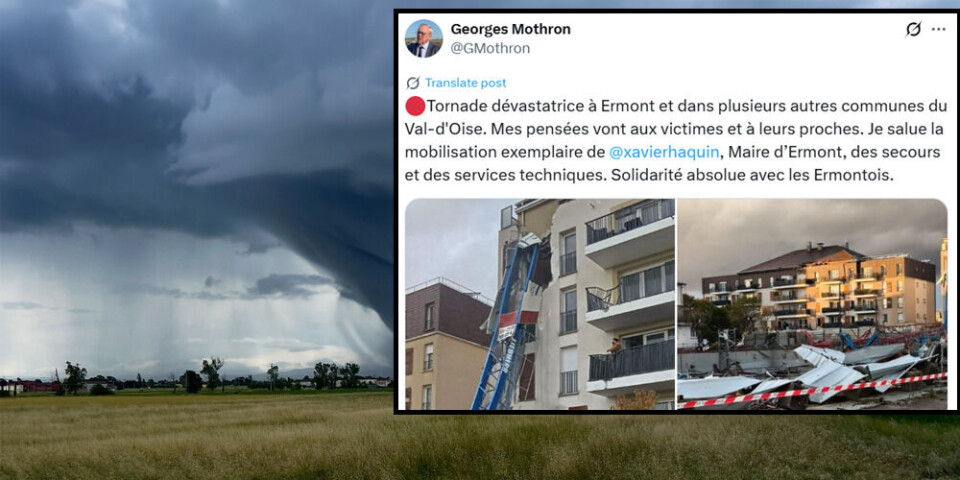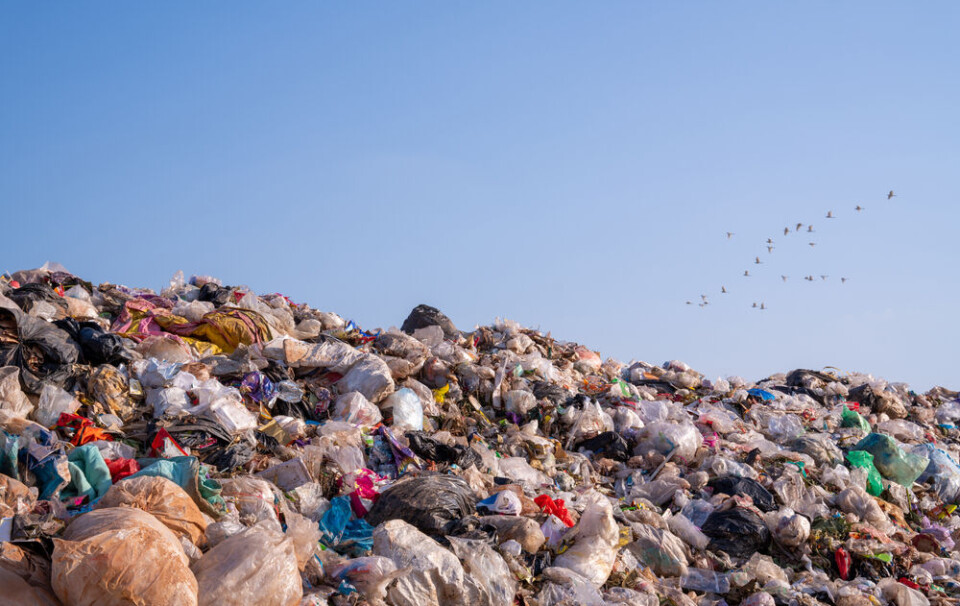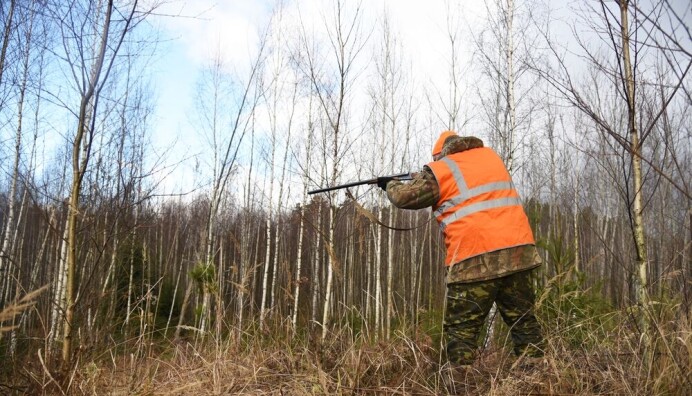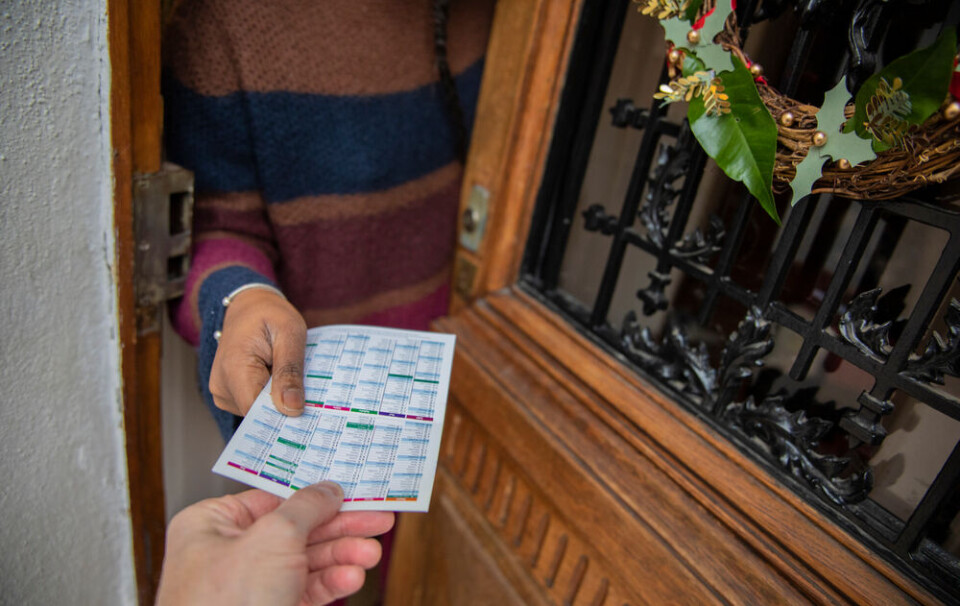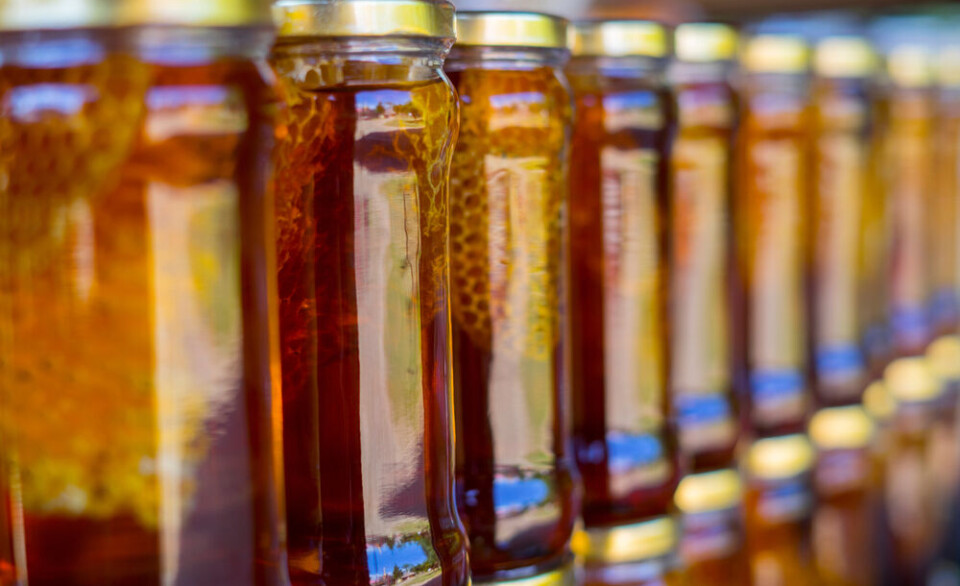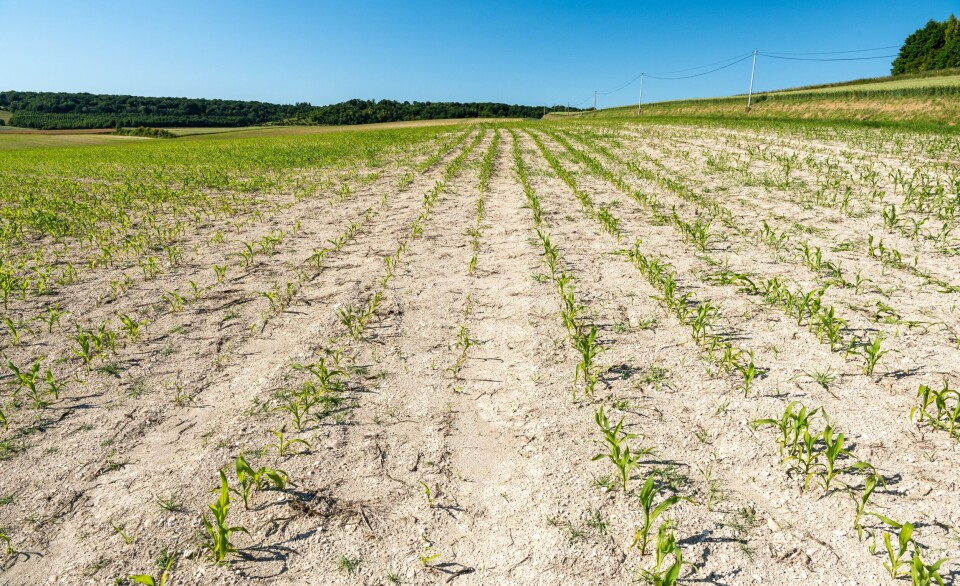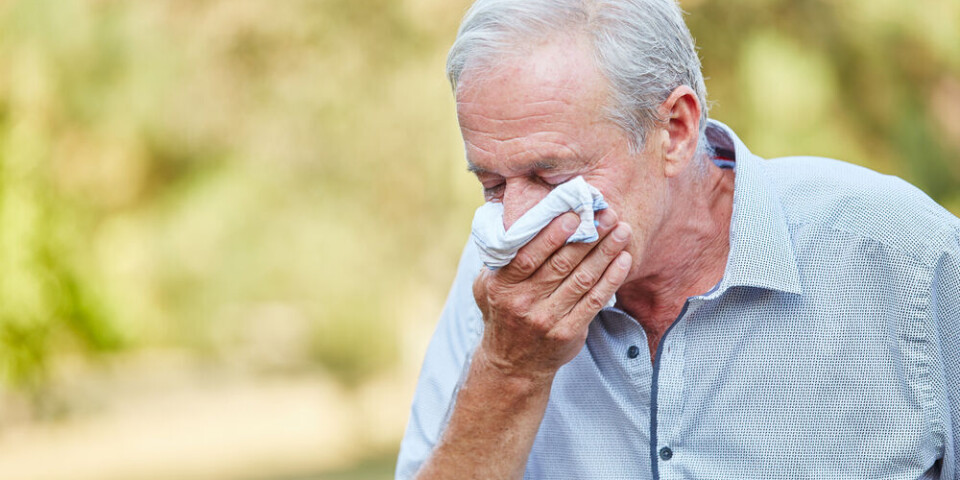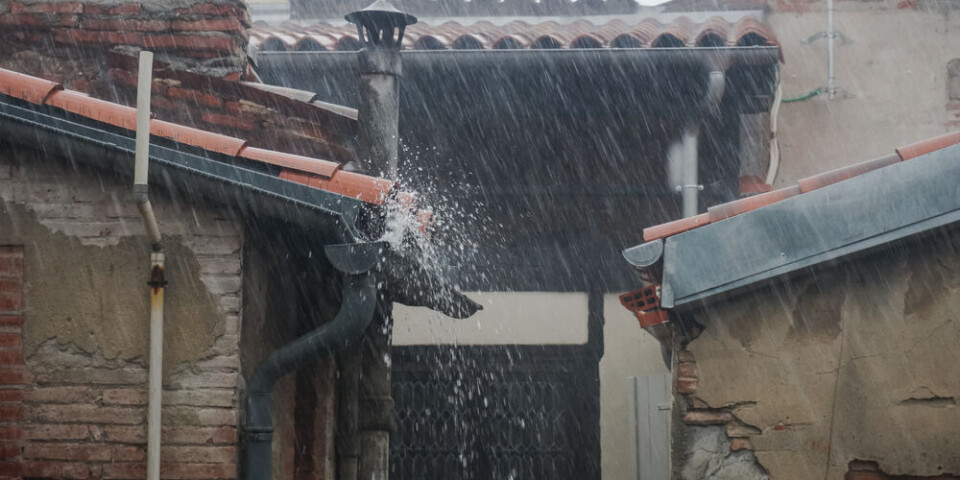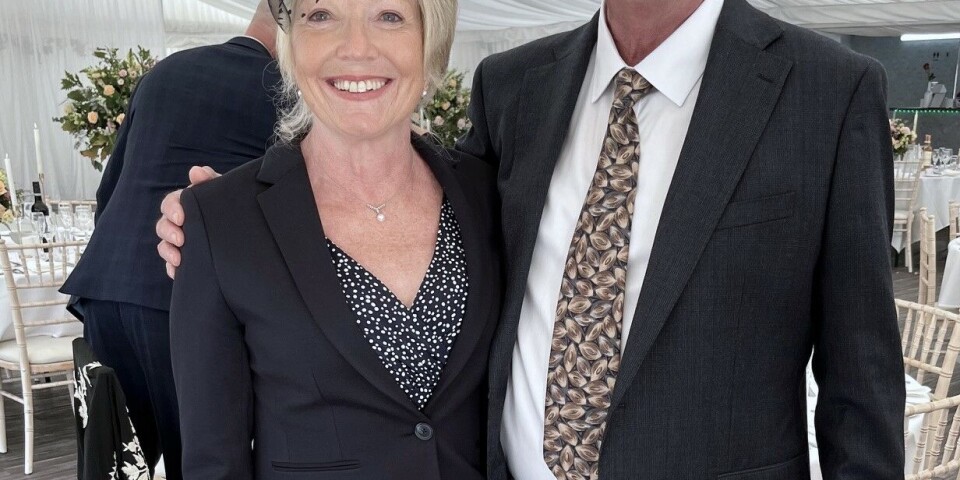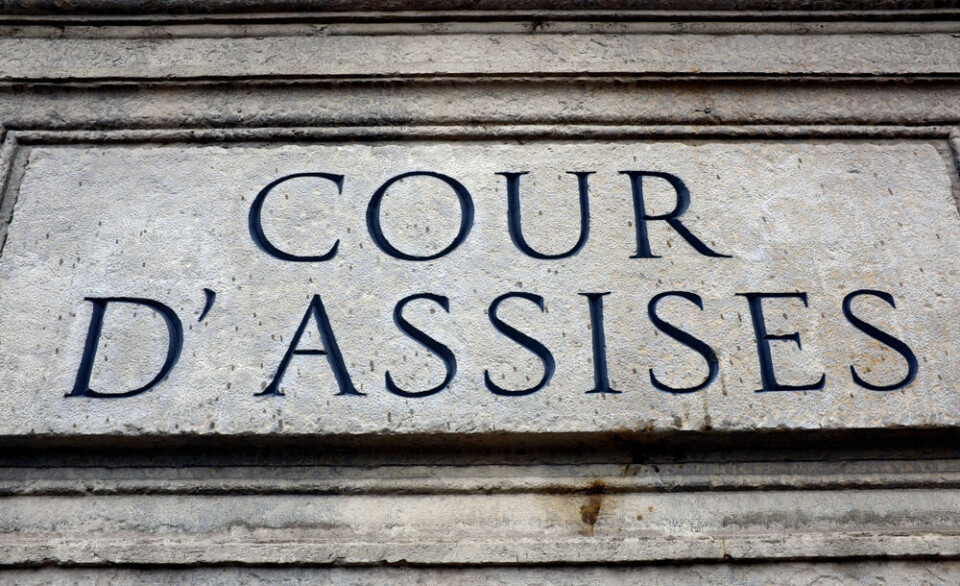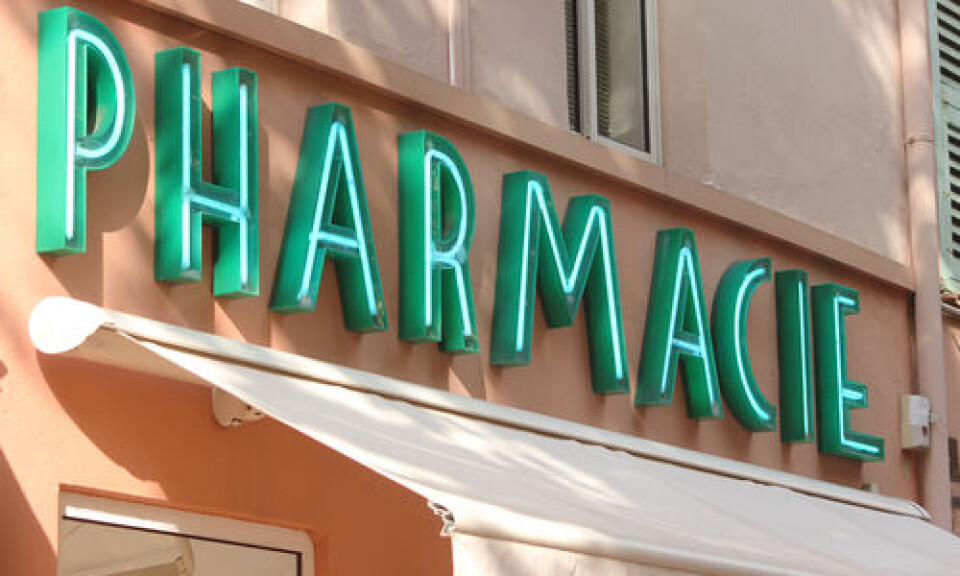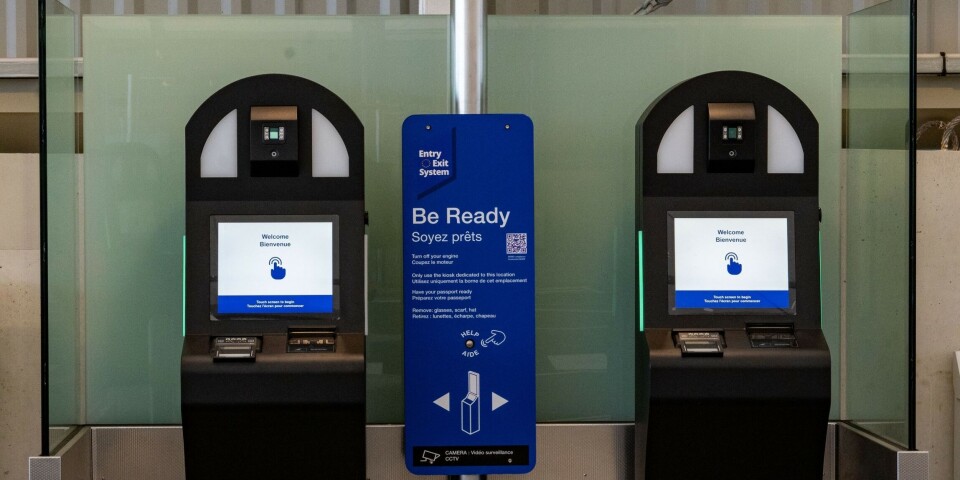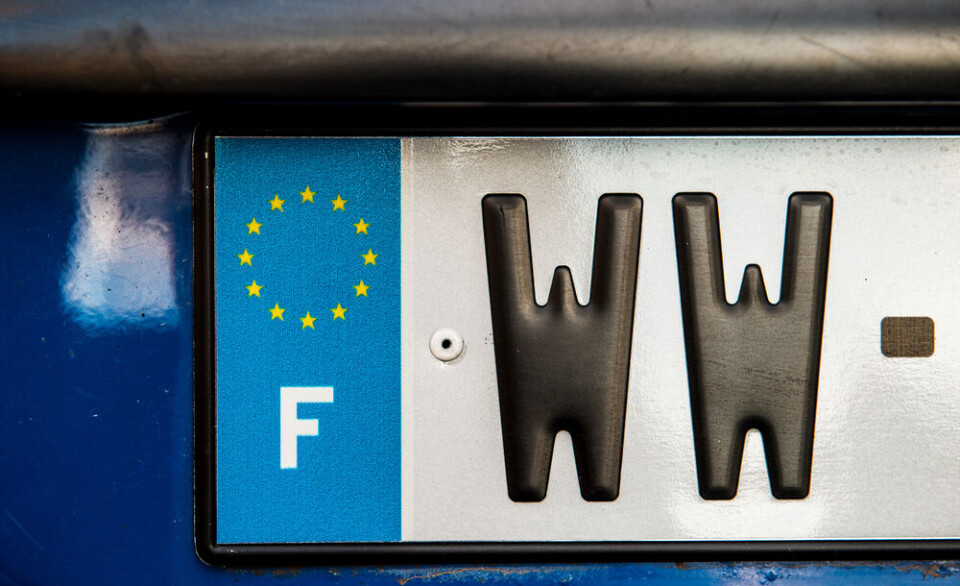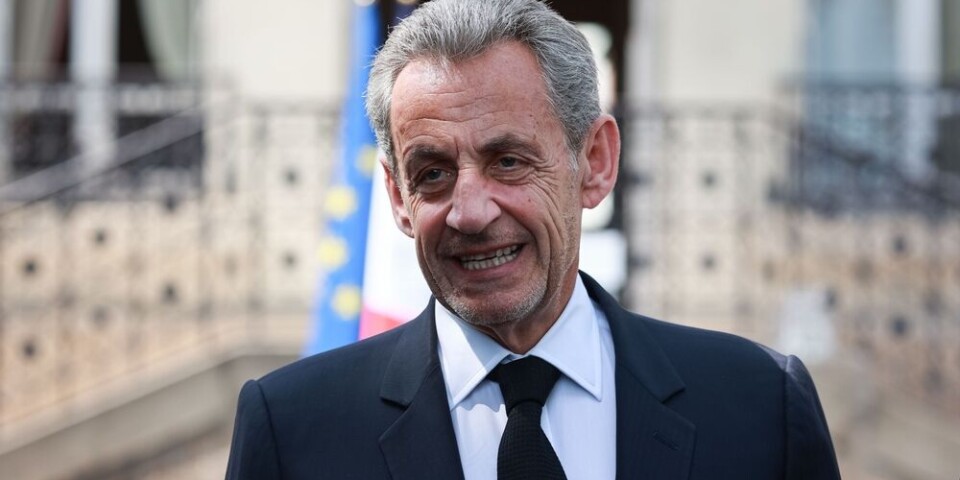-
Photos: heavy snowfall in Alps as winter closures for mountain passes begin
Forecasters expect snowfall to gradually reach lower altitudes before mid-November
-
Man dies after being shot during boar hunt in south-west France
Fellow hunter in his eighties was taken in by police for questioning
-
Beware of calendar-selling scams in France around Christmas: how to avoid falling victim
Fraudsters can pose as officials looking to sell calendars or raise funds
Covid booster jabs 'likely to be offered to most people in France'
The president of the government’s scientific advisory committee said extra jabs are expected to be extended beyond the over-65s and vulnerable
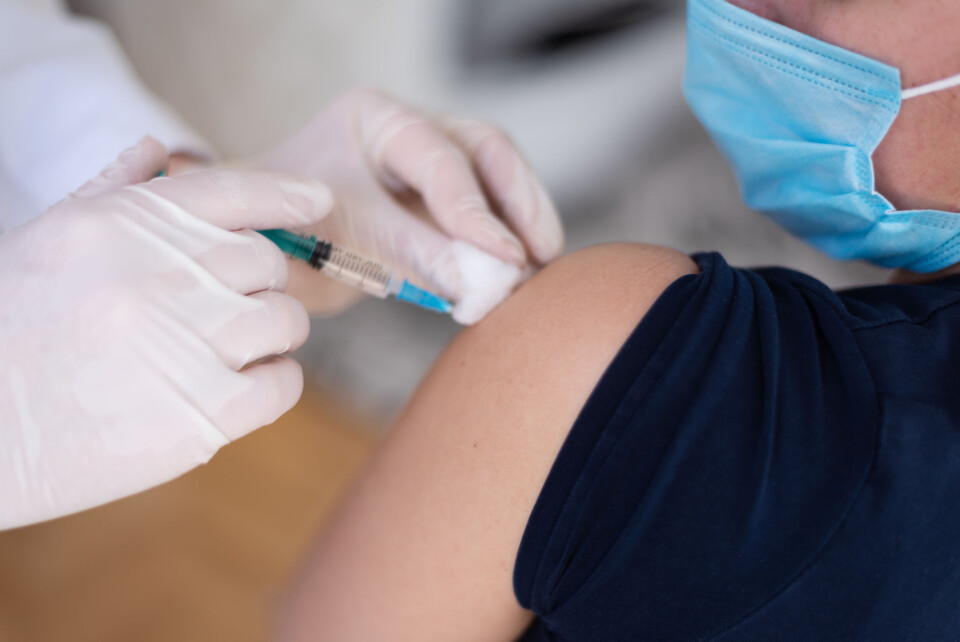
A Covid booster vaccination is likely to be advised for a significant proportion of the vaccinated population in France, the president of the government’s scientific advisory committee said today (August 25).
Professor Jean-François Delfraissy, president of le Conseil scientifique, said that a third dose will definitely be needed for older, more vulnerable people; and was likely to be extended to a greater proportion of the population later.
He told TeleMatin: “It will concern the oldest people [first]. We know that there is a drop in the vaccine immune response [after some time]. So it’s logical.
“Me, I was vaccinated on January 4, I’m over 70, so I will get vaccinated with a booster as soon as I can. We’re talking about a booster, to re-stimulate the immune response.
“We now have a series of data showing that the vaccine protects against severe forms [of the virus], but in contrast, it protects less well against infection. So the more we re-vaccinate with a booster, the more we catch up on preventing the infection.”
France is set to invite people aged 65 and over, or people with underlying health conditions that put them at risk of a severe form of Covid, to have a third injection from the end of October.
Read more: Details of who is eligible for France's Covid-19 booster plan revealed
It comes as a new study based on new data in the US, published by US health authority the CDC on August 24, suggests that the Pfizer and Moderna vaccines are 66% effective against the Delta variant.
This is compared to the 91% effectiveness calculated against the previous strains.
When asked if the Conseil scientifique would be likely to recommend the need for a third booster dose to a greater percentage of the population, in addition to the most vulnerable, Professor Delfraissy said: “We lack data on that. It’s a bit early to say. But I think we will.
“If you want my personal opinion, I think we will go for a third dose for a large percentage of the vaccinated population. To stimulate the immune response. And if we end up with another variant, we can now make other vaccines, specifically targeted at this variant or that.”
Professor Delfraissy does not have any political or decision-making authority, but as the president of the advisory group, his views are taken into account by the government and he is widely respected as an expert on Covid.
Ethics of third dose
The professor’s comments come as the World Health Organisation (WHO) has debated whether giving a third dose of the vaccine is ethical.
The WHO has called for a moratorium on giving a third dose of any vaccine in rich countries for two months, because it says many poorer countries throughout the world are yet to give their populations a first dose.
WHO director-general Dr Tedros Adhanom Ghebreyesus has said that booster campaigns currently in progress or in planning stages show “vaccinal injustice and vaccinal nationalism”.
He added this week: “What’s more, the effectiveness of these booster vaccines is still up for debate.”
It comes as Hungary became the first European nation to begin offering third doses for its population, in a bid to stop the Delta variant from spreading further. Almost 180,000 people have already received a booster dose, on top of the nearly-60% of the Hungarian population that was already double-jabbed.
From September 20, the US is also set to offer a third dose to people who have already received the full Pfizer and Moderna jabs; while Israel is also now offering a third injection to people aged 40 and over, in a bid to stop the Delta variant. More than 60% of the Israeli population is double-jabbed.
In contrast, countries including the Republic of Congo, Haiti, Chad, Benin, Mali, and Cameroon still have a vaccination coverage of less than 1%.
Other major, poorer countries including Ukraine, Senegal, Rwanda, Vietnam, and Algeria also have low coverage rates, at 7.1%, 3.5%, 3.3%, 1.9%, and 1.7% respectively.
Since the start of the pandemic, 75% of vaccines made across the world have been largely distributed in 10 rich countries, despite the African continent having coverage of less than 2% on average.
Hazar Haidar, an ethics expert who teaches at the University of Quebec in Rimouski (UQAR), said that the debate around third doses is an “important ethical question”.
He told Le Devoir: “Scientific data on the effectiveness of a third dose are not yet compelling. Going in this direction rather than sharing these vaccines with people who need them means that we are prolonging the crisis and the pandemic, rather than trying to exit it in solidarity with others.”
Dr Ghebreyesus said that low vaccination rates worldwide risk allowing “the Delta variant to evolve and become even more virulent, and cause new strains of the illness to appear”.
Effectiveness against Delta
It comes as a new study based on new data in the US, published by US health authority the CDC on August 24, suggests that the Pfizer and Moderna vaccines are 66% effective against the Delta variant.
This is compared to the 91% effectiveness calculated against the previous strains.
The data comes from a study of thousands of healthcare employees working at health centres across six different states, to examine the effectiveness of the vaccines in real-life conditions. Almost all healthcare workers in the US have received either the Pfizer or Moderna jabs.
The authors of the study said that the drop in vaccine effectiveness could also be attributed to an expected drop in immune response over time.
But the report states: "Although these interim data suggest a moderate reduction in the effectiveness of Covid-19 vaccines in preventing infection, the fact that the reduction in infections remains at two-thirds, underscores the continued importance and benefit of vaccination."
In France, the Delta variant has been spreading, with Health Minister Olivier Véran saying this week that the country would reach the peak of the fourth wave of the epidemic within days.
Related stories
Covid France: Fourth wave set to peak but new autumn lockdown unlikely
Anti-vax leaders should ‘pay’ for spreading fake news, says French GP
Covid antibody drug authorised for immunodeficient in France




